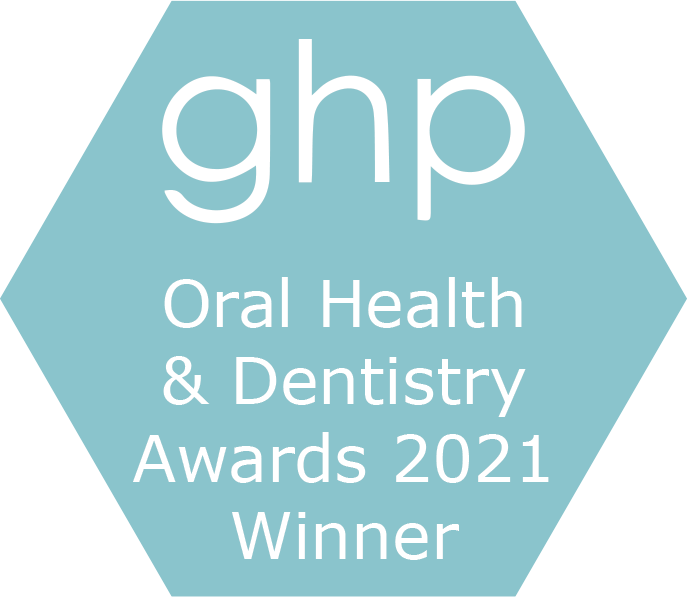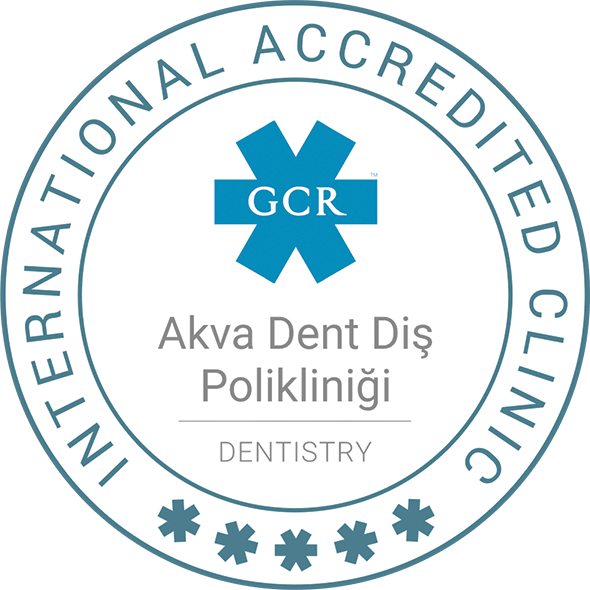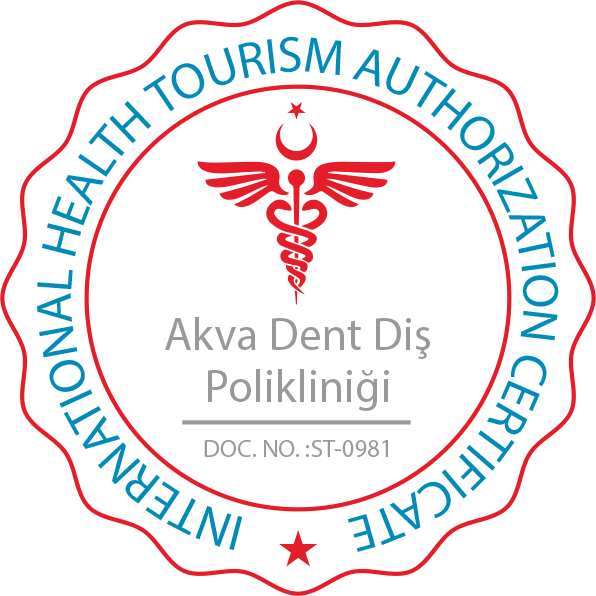Bruxism Tooth Grinding,
What Does It Mean?
Bruxism is a disorder that often goes undiagnosed for years, particularly among those who sleep alone. However, it is easy to recognize when the right methods are known. Teeth grinding or clenching occurs when the jaw muscles are involuntarily clenched more than usual. This can lead to pain during the day, particularly in the jaw joints and the line from cheek to temple. If you experience frequent burning pain in these areas, it may be a symptom of bruxism. However, it is important to consult a doctor for an accurate diagnosis, as not all facial pain is caused by teeth clenching.
So, what causes bruxism? There is no definitive answer, but stress and anxiety are believed to be major contributors. Other factors that may play a role include genetics, certain medications, sleep disorders, and an abnormal bite. If you suspect that you may be grinding your teeth at night, it is important to see a dentist or doctor for an evaluation and appropriate treatment.
What are the Causes
of Bruxism?
Structural disorders are the most common cause of bruxism. Any deformity in the jaw, teeth, palates, cheeks, or other facial structures can cause the muscles to function improperly and lead to teeth grinding. Moreover, psychological problems like stress, anxiety, and fear can also contribute to bruxism. Certain medications can interfere with the jaw muscles and trigger teeth grinding as a side effect.
Other possible causes of bruxism include neurological disorders, nerve diseases like Huntington’s or Parkinson’s, traumas, and digestive system problems. If you suspect that you may be grinding your teeth at night or during the day, it is important to seek medical advice to determine the underlying cause and appropriate treatment options.
„How is Bruxism (Teeth Grinding – Teeth Clenching) Treated?“
Bruxism treatment can vary depending on the underlying cause of the problem. Psychological, pharmacological, and orthodontic treatments can be used to treat teeth grinding. Psychological treatment may involve therapy or hypnosis to help patients relax if the cause of the problem is psychological. Pharmacologic treatment may involve the use of muscle relaxants and analgesics to alleviate pain and prevent the central nervous system from sending commands to the muscles that cause teeth grinding. Orthodontic treatment may involve manual and visual examinations, radiological imaging techniques, and surgical interventions to alleviate teeth grinding caused by structural disorders, jaw problems, or deformities.
Clinical Services
Get Free Information
+90 544 620 10 20
Get Information with the Form
Fill out the online dental examination form now for your dental health! We will contact you as soon as possible for your appointment.



